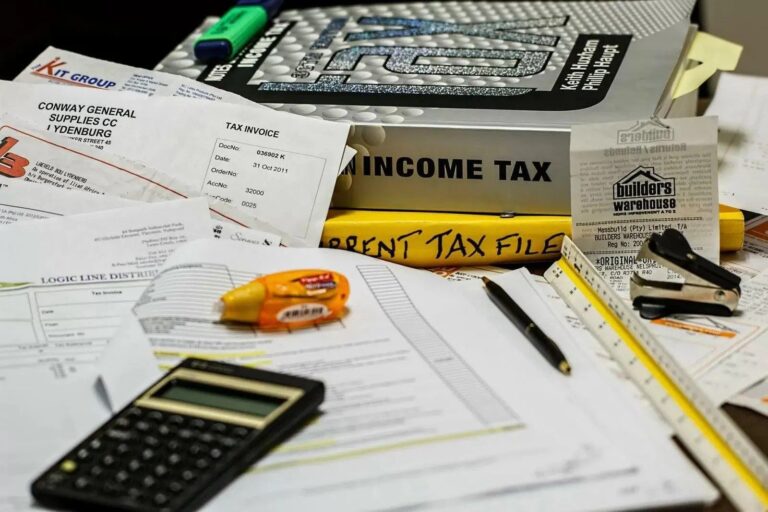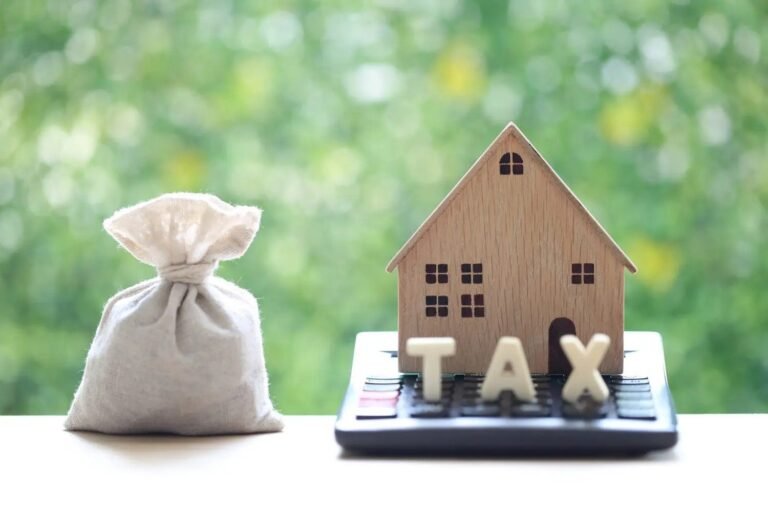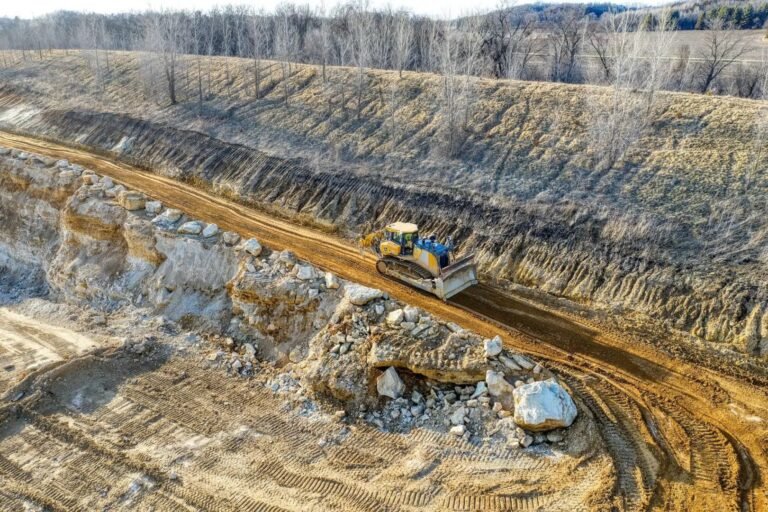Any business or UK property company that purchases polluted, contaminated, or abandoned land in the UK can apply for Land Remediation Relief (LRR) , a corporation tax relief.
The relief allows companies to deduct up to 150% of the cost of cleaning up contaminated land or buildings from their corporate tax obligations.
- Rental Rate for Owner-Users and Investors: 150%
- Rate for developers is 50%
- Companies that incur losses are eligible for a cash tax refund (credit) of 24%.
If the land is contaminated “wholly or partly as a result of anything done or omitted to be done at any time by the company or a person with a relevant connection to the company,” the company is not eligible for the enhanced relief for cleaning up its own mess, as stated in the law.
A related case study of Northern Gas Networks (NGN) with regard to Land Remediation Tax Relief is explained below:
Relief not Available for Own Mess
In a recent Court of Appeal ruling ([2022] EWCA Civ 910), Northern Gas Networks (NGN), the owner of a gas distribution network predominantly consisting of iron pipes, faced a critical decision regarding potential land contamination risks. The court concluded that NGN was not entitled to special relief for remedying the situation, which involved replacing or lining the pipes. The reasoning behind this ruling lies in the nature of the contamination itself.
The court acknowledged that the iron pipes posed a risk of fracturing and leaking gas, potentially leading to hazardous consequences. However, it determined that the “contamination” in question resulted from a combination of factors. Firstly, the potentially leaky pipes were installed many years earlier by a third party, for which NGN could not be held accountable. Secondly, pumping gas through these pipes was an inherent aspect of NGN’s operational activities. The court emphasised that fractured pipes and pumping gas through pipes, individually, did not contaminate the land. Instead, it was the act of pumping gas through fractured pipes that caused the contamination. As NGN was partially responsible for this contamination, the court deemed them ineligible for the relief sought.

While the circumstances surrounding fractured iron gas distribution pipes may be quite specialised, the case offers insightful commentary on the position of individuals or businesses acquiring land already subject to ongoing contamination.
Counsel for NGN argued that the court's analysis would imply that if a company acquires contaminated land and fails to immediately rectify or only mitigates the contamination, it would be denied relief.
This argument was based on the definition of relevant land remediation, which explicitly includes work aimed at minimising or mitigating the effects of harm.
However, the court did not accept this interpretation. It clarified that the situation in the present case significantly differed from one where land is acquired already contaminated, and the new owner simply delays taking action. In such passive scenarios, the new owner fails to address existing contamination. In contrast, the court emphasised that NGN actively perpetuated the contamination through its operational activities, leading to the denial of relief.
While this ruling revolves around a specific set of circumstances, it provides valuable insight into the legal implications for entities acquiring land already subjected to contamination and their subsequent actions in remediation.
Verdict
Legal implications for entities acquiring contaminated land are clarified by a recent Court of Appeal ruling concerning Northern Gas Networks (NGN) and the risks of land contamination associated with NGN's iron pipe gas distribution network. Since NGN was found to have contributed to the contamination through a combination of broken pipes and the act of pumping gas, the court ruled against granting NGN any sort of special relief for clean-up.
This decision emphasises the value of swift and active remediation over passive tolerance of existing contamination. Although unique to this instance, the lessons learned are applicable to the wider context of businesses and individuals purchasing contaminated land and taking steps to clean it up.









